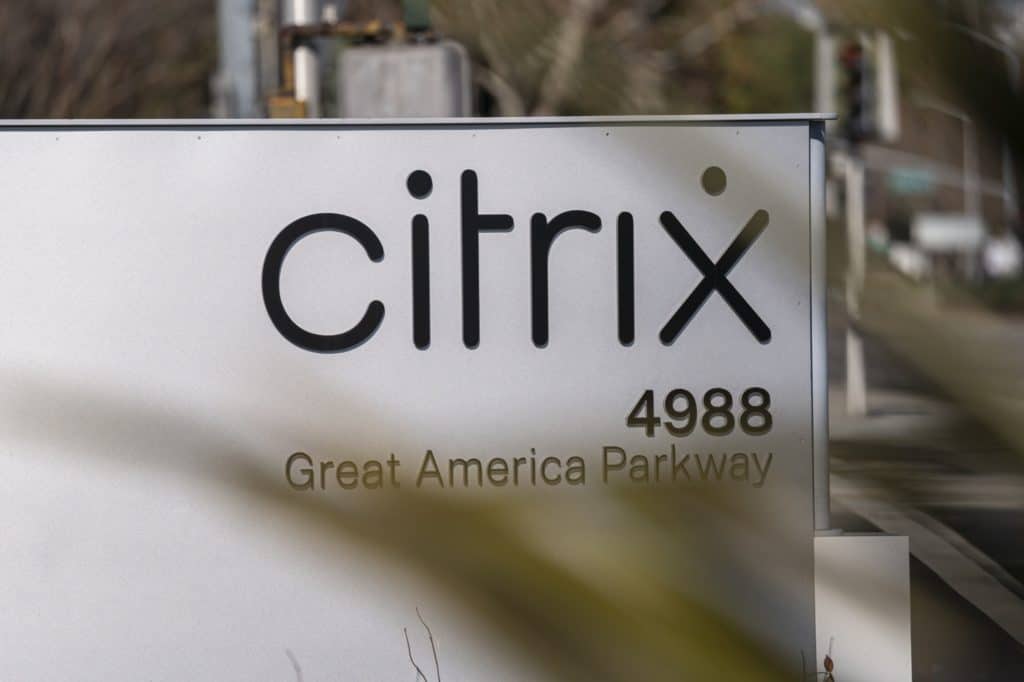A selective market selloff. Rising inflation. And a brewing commodities crisis in Europe. What’s the net impact to private equity in an increasingly turbulent market? From a credit perspective, there’s not much to fear in the near term, lending sources tell me.

Let’s take inflation to start. The fear that rising rates could eventually raise the cost of debt to make the past year’s buyouts cost-prohibitive might be overblown. One lender tells me that the trend is more important than last year’s 7 percent headline figure. Consumers able to shift spending to services could lessen pricing pressure on goods, allowing inflation to settle into a long-term rate closer to 4 percent—a level at which the Federal Reserve’s guidance on modest rate increases appears appropriate to deal with.
There does not appear to be any risk that private equity’s participation in the M&A boom is vulnerable. Just ask Citrix shareholders, whose equity is valued at $13 billion by the takeover consortium Elliott Management and Vista Equity Partners as of last week. The proposed takeover price is some 24 percent higher than Citrix’s unaffected share price, indicating debt providers have yet to notice increased downside risk.
Market turbulence is also downplayed by the lending sources to whom I spoke. Despite credit terms being lenient in current conditions, private equity firms are still placing substantial equity in investments to cushion lenders. Whether a given sector, like pre-profitable companies in technology, re-rates is of less importance to middle-market lenders and sponsors given the healthy deal multiples in the market. Even if sector valuations were to fall, that would arguably be good for deal activity as buyers sitting out heated sale processes are brought back to the table by the prospect of reasonable prices.
Which is all to say that current market turbulence might be more noise than signal.
–Brandon Zero



